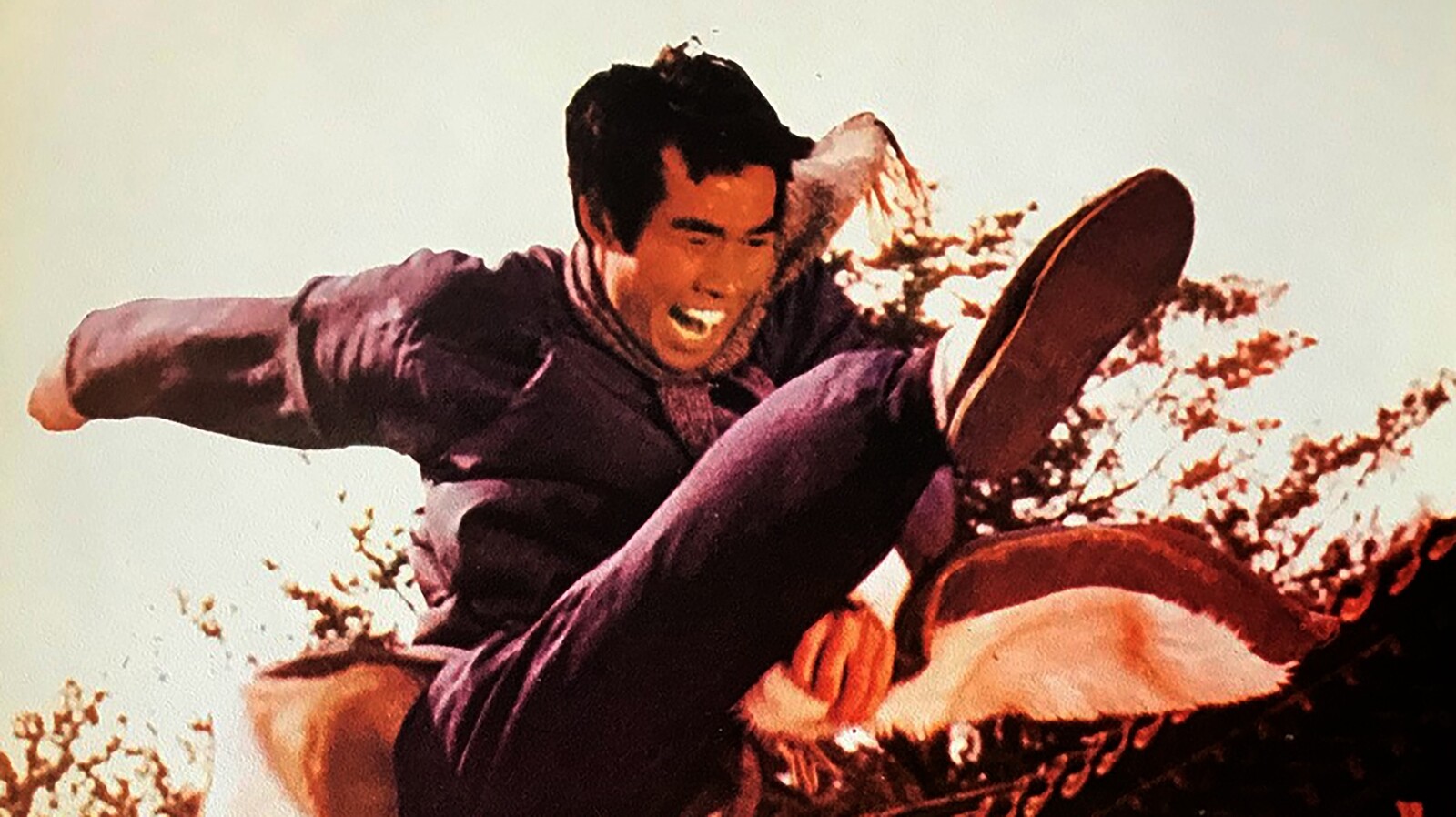If I Loved Life, I Wouldn’t Make Movies: Revisiting Situationist Film
Admission starts at $5. One ticket grants access to both screenings.
November 16, 2024, 3pm
Brooklyn, NY 11205
USA
Please join us for the second and third parts of If I Loved Life, I Wouldn’t Make Movies: Revisiting Situationist Film, a four-part screening program, guest-curated by Ethan Spigland and Paul Grant, drawing on the Situationist critique of the spectacle as well as the Situationist International’s strategy of détournement: the subversive reappropriation of preexisting cultural materials.
The second part of the series at 3pm on Saturday, November 16 presents a selection of rarely screened and often overlooked films made by the Scandinavian Situationists, who would go on to form the Second Situationist International after splitting with the SI between 1961 and 1962. The screening also includes Guy Debord’s contemporaneous short film, Critique of Separation (1961). The program will be introduced by the Danish art historian and scholar of the Scandinavian Situationists, Mikkel Bolt Rasmussen.
The third part of the series, at 5pm, comprises René Viénet’s film Can Dialectics Break Bricks? (1973). Vienet’s justly celebrated work, both searing and hilarious, stands as one of the high-water marks of cinematic détournement. The film will be shown in a newly restored color version with revised English subtitles, introduced by Keith Sanborn.
A single ticket grants access to both screenings. See details on Part One, which takes place at on Thursday, November 14, here; and on Part Four on Sunday, November 17, here.
Films
Albert Mertz, So Ein Ding Muss Ich Auch Haben (1961, 19 minutes)
The first of a series of films produced by the Danish-French Experimental Film Company and made to challenge post-war consumer society. The members of the artists’ group run around the streets, play amidst the ruins of the city, and literally break through the credits of the film as the bewildered bourgeoisie look on. The bourgeoisie are represented by a masked married couple who have tethered their child to the balcony of their apartment. To the irritation of the parents, the child repeatedly throws a ball down into the street, and the father has to retrieve it again and again. At the end of the film the artists, now positioned on the stairs of the Academy, are all wearing masks and badges with what look like convict numbers. People in the streets begin to uncover the pistols under their coattails. The “Art Brut” music for the film was made by Asger Jorn and Jean Dubuffet and is played on toy instruments. Jean-Luc Godard wanted the film shown before screenings of La Chinoise (1967), but the request was vetoed by Debord.
Jorgen Leth, Ole Johnson, Jens Jorgen Thorsen; Stop For Bud (1963, 11 minutes)
Stop for Bud is an experimental portrait of the American jazz pianist Bud Powell. In the film, the celebrated pianist traverses Copenhagen locations including the park Kongens Have, a dockside, and a garbage dump. The shots and compositions are often unconventional, such as the opening tilt-up that reveals the pianist from his feet upwards, a bird’s eye view in a factory, and a handheld shot that follows Powell as he takes a stroll. The editing does not construct a clearcut thread but creates a loose juxtaposition of images and situations.
Guy Debord, Critique of Separation (1961, 17 minutes)
Constructed from newsreel clips, repurposed photographs, views of Paris neighborhoods, and desultory shots of Debord and his companions. Debord’s third film deconstructs the conventions and ideological presuppositions of the documentary form. Debord’s voiceover narration proclaims: “The cinematic spectacle has its rules, its reliable methods for producing satisfactory products… But the reality that must be taken as a point of departure is dissatisfaction. The function of the cinema, whether dramatic or documentary, is to present a false and isolated coherence as a substitute for a communication and activity that are absent.”
René Viénet, Can Dialectics Break Bricks? (1973, 90 minutes)
Making use of the Situationist International’s long-standing technique of détournement, René Viénet’s La dialectique peut-elle casser des briques? (1973) dubs a Hong Kong martial arts movie with Situationist dialogue to create one of the great agitational films of the post-68 period in France. Vienet transforms Ni Kuang’s original Tang shou tai quan dao (1972) into a critique of capitalism, authoritarianism, bureaucratic communism, and the failures of the PCF, calling on Sade, Reich, Bakunin, and Situationist shibboleths to bolster the attack. This film is being shown in a newly restored color version with revised English subtitles, introduced by Keith Sanborn.
For more information, contact program [at] e-flux.com.
Accessibility
– Two flights of stairs lead up to the building’s front entrance at 172 Classon Avenue.
– For elevator access, please RSVP to program@e-flux.com. The building has a freight elevator which leads into the e-flux office space. Entrance to the elevator is nearest to 180 Classon Ave (a garage door). We have a ramp for the steps within the space.
– e-flux has an ADA-compliant bathroom. There are no steps between the Screening Room and this bathroom.
